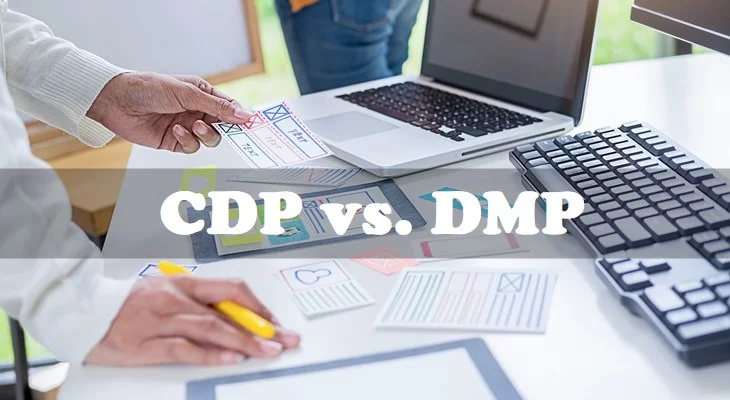Brief Glance:
Buyer Journey is a common phrase used in any form of marketing. But, developing Keywords concerning the buyer's journey is something which is novel to many of us.
All of us understand what keyword research is from an SEO point of view, but we don't pay much attention to the keyword research based on the process of a lead turning into a customer. We will be navigating through the process of developing keywords per stages of the buyer's journey in this blog.
What is Keyword Research?
Keyword Research is identifying the words which are relevant to your business and popular amongst users and including them in your content copies.
Role of Keyword Research in Buyer Journey :
All of us know the three stages in the buyer's journey which are as:
- Awareness Stages
- Consideration Stages
- Decision Stage
Most of the company websites either have a lot of content related to the awareness stage or decision stage but they don’t tend to include the content which fulfils the requirements of the buyers from each stage.
So how can you make sure that you’re delivering the right content with right key-phrases as per the buyer’s journey stages?
That's where content mapping phenomenon comes into the picture.
Keywords for Awareness Stage:
People are searching for opportunities or issue or something like that. They have started to realize they might really have a problem.
So you can use the words like troubleshoot, resolve, prevent improvise, optimise etc. to make the prospects aware of their problem.
Pro Tip: try having a Long-tail Keyword Approach.
Keywords for Consideration Stage:
Prospects have understood the problem, and they are looking for alternatives or options to solve the problem they have.
So you can use the words like Solutions, suppliers, provider, distributor, features, comparisons etc. to boost your chances of prospect finding your articles, blogs, study material etc.
Pro Tip: try using content specific keywords which will linger in prospect’s mind.
Keywords for Decision Stage:
The prospect or a potential lead is ready to purchase this stage. He/she has some options in front of him/her. This is the stage where all the work put in by you and your team comes to fruition.
You can use key-phrases such as product/service reviews, testimonials, benefits, ratings, pricing, etc. These key-phrases will ensure that the prospect will be more likely to see your website and move to the next and the final step of the purchase.
Pro tip: Try to put in decisive keywords which sound positive and at the same time not intrusive or over-indulging.
Best tools for Keyword Research
Now that we have understood the importance of having specific targeted keywords for each stage, let’s look at the best tools for KW research:
- Google Keyword Planner
- KW Finder
- UberSuggest
- SEMrush
- Moz’s Keyword Explorer
Key takeaways:
With the use of generic keywords, you can bring in a good amount of traffic, but it won’t necessarily help you to convert that traffic into leads or customers. You need to plan the keyword as per the buyer journey which will definitely help you and your business.
You May Also Like to Read:
What is agile marketing? How to Use Scrum for Content Marketing?
5 Ways of Advanced Content Promotion Strategies 2019
User-Generated Content and its impact on Social Media Marketing





